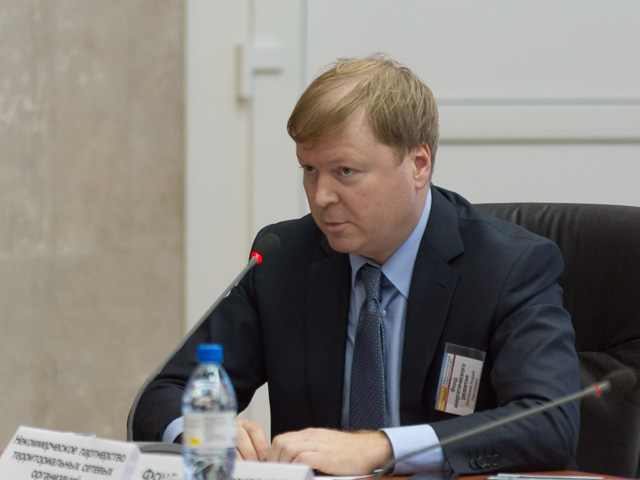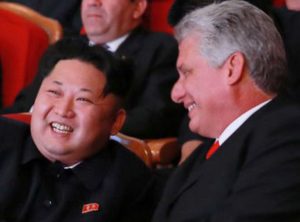
Russian expert applauds Cuban coal exports but decries domestic policies
The export of Cuban charcoal to the United States is a welcome development, says a Russian expert on energy, but the island government has a long way to go before maintaining a steady trade in consumer products with its neighbor to the north.
“The news that Cuba has begun to trade with America is remarkable,” said Andrei Nikolayevich Listovskiy (photo at top), director general of the Energy Development Fund in an interview with the Regnum News Agency in Moscow. He was referring to the recent delivery to Florida of 40 tons of marabú charcoal purchased by Coabana Trading LLC.
[For a video, in Spanish, about the production of marabú charcoal in Cuba, click here.]
The shipment was the first authorized Cuban export to the U.S. since 1954. Cuba is doing brisk business exporting marabú charcoal to Europe.
“There’s nothing wrong” in Cuba reaching out to find markets for its products, Listovskiy told Regnum. “It’s when Cuba turns inward that it ends up with a standard of living lower than some African countries. That’s terrible. Now it has joined the world’s value-added chain, and that’s good. The more it exports, the greater will be the influx of hard currency. That’s good for the economy.”
Asked how trade with the U.S. will affect Cuba’s political system, Listovskiy said that that will depend on the bilateral process that began in December of 2014. From his point of view — and here he became sharply critical — Cuba’s political system has long outlived its usefulness.
“There is nothing good about the [U.S. trade] embargo, of course,” he said. “But the wretched political system that exists in Cuba does not provide any positive momentum. The Cuban dictatorship is almost totally military. The population works for the army and security services. I do not see any development in the political structure that’s positive for the people.”
Strict government control “slows economic and political development. Political freedom is throttled and not developed,” the expert told Regnum. “Any moves toward more modern political and economic structures will have a positive impact on the living standards of the population.

“We see the example of North Korea, where the population has been kept clamped down for decades. If the Cuban leadership deems it necessary to give its people some political and economic freedom, it will. If it considers that it is better to slow down, it will become a state like North Korea, a fully militarized state without the possibility of some kind of development.”
The Regnum report pointed out that, prior to the revolution in 1959, Cuba’s economy was completely dependent on the United States. American companies accounted for more than two thirds of Cubans’ household purchases. Specifically, Americans owned 90 percent of the mining industry, 90 percent of the electrical and telephone industries, 80 percent of the utilities, 80 percent of fuel consumption and half of the sugar cane crop.
Before the revolution, Cuba was dominated by American capital to the point that the island was called “the American sugar bowl.” In the seven years before the revolution, U.S. companies withdrew from the island about $800 million in profits. Sugar cane production and many other industries were sacrificed to the U.S., Regnum says.
Thus, Havana did not only fail to gain political independence from the U.S. after the war with Spain but also became a major importer of food and consumer commodities for the country.


